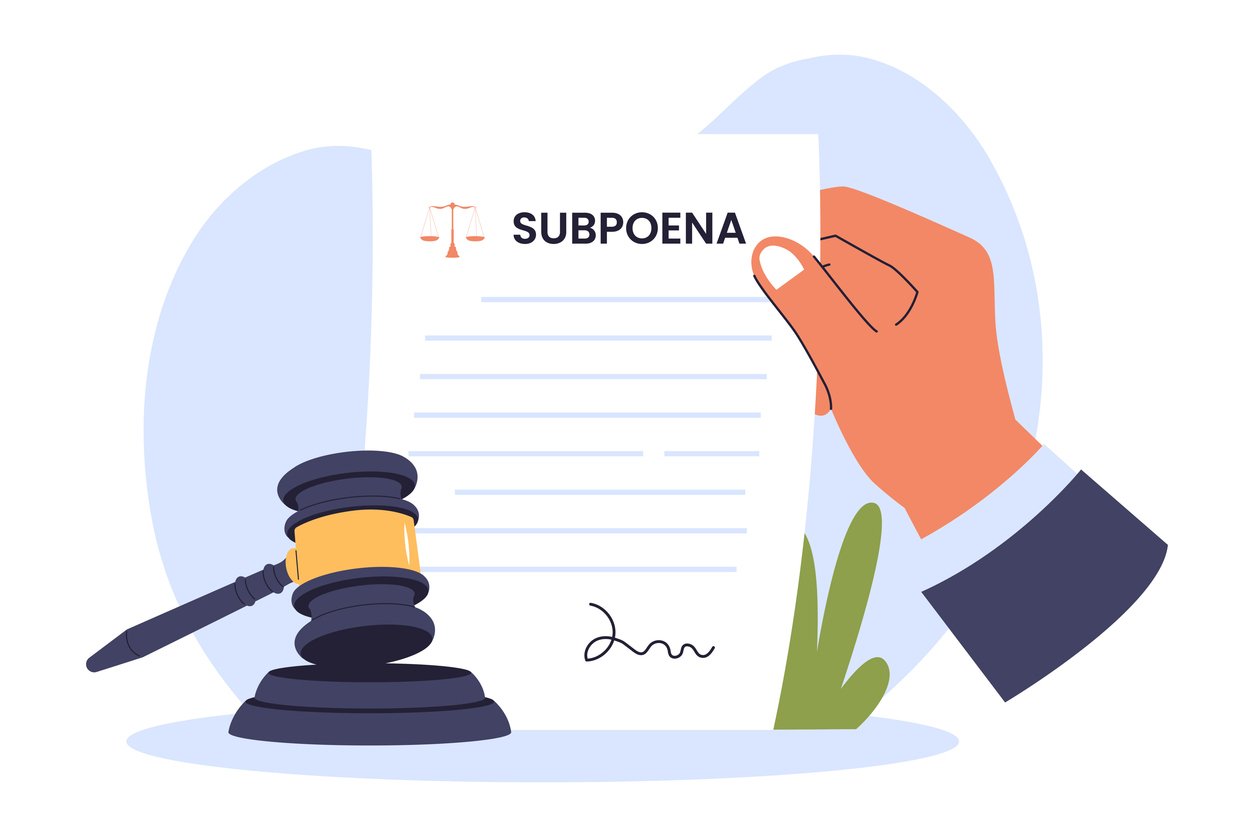Last updated on November 11th, 2025 at 11:38 am
 In today’s digital age, privacy has become a significant concern for many individuals. In California, the invasion of privacy is taken seriously, with laws in place to protect residents from various forms of privacy breaches. This blog post will delve into what constitutes an invasion of privacy in California, the legal protections available, and how you can seek redress if your privacy has been violated.
In today’s digital age, privacy has become a significant concern for many individuals. In California, the invasion of privacy is taken seriously, with laws in place to protect residents from various forms of privacy breaches. This blog post will delve into what constitutes an invasion of privacy in California, the legal protections available, and how you can seek redress if your privacy has been violated.
What Constitutes an Invasion of Privacy in California?
Types of Invasion of Privacy
There are several ways one’s privacy can be invaded in California, including:
• Intrusion into Private Affairs: Unauthorized interference with someone’s private matters, such as eavesdropping or surveillance.
• Public Disclosure of Private Facts: Revealing private information about someone without their consent, which is not of public concern and would offend a reasonable person.
• False Light: Publicizing information about someone that is misleading and portrays them in a false light.
• Appropriation of Name or Likeness: Using someone’s name or likeness for personal gain without their permission.
Legal Protections for Privacy in California
California Constitution and Privacy
The California Constitution explicitly grants individuals a right to privacy, recognizing it as an inalienable right. This provision forms the basis for various privacy protections in the state.
California Invasion of Privacy Act (CIPA)
CIPA is a key law protecting privacy in California. It prohibits the recording or eavesdropping on confidential communications without the consent of all parties involved. Violations of CIPA can result in criminal penalties and civil liability.
Online Privacy Protections
California has implemented several laws to protect online privacy, including the California Consumer Privacy Act (CCPA), which grants consumers rights regarding the collection and use of their personal information by businesses.
Steps to Take if Your Privacy is Violated
Document the Violation
If you believe your privacy has been invaded, start by documenting all relevant details. This includes gathering any evidence such as recordings, screenshots, or witness statements that support your claim.
Contact an Experienced Attorney
Privacy law can be complex, and navigating the legal system requires expertise. Consulting with an experienced attorney can help you understand your rights, evaluate the strength of your case, and guide you through the legal process.
Filing a Lawsuit
Your attorney can assist you in filing a lawsuit against the responsible party. This may involve seeking damages for emotional distress, financial loss, or other harm caused by the privacy invasion. In some cases, you may also seek injunctive relief to prevent further violations.
How Law Advocate Group, LLP Can Help
Expertise in Privacy Law
At Law Advocate Group, LLP, our attorneys have extensive experience handling privacy violation cases. We understand the nuances of California’s privacy laws and are committed to protecting your rights.
Personalized Legal Assistance
We provide personalized legal assistance, working closely with you to build a strong case. Our goal is to ensure that you receive the justice and compensation you deserve for any invasion of your privacy.
Invasion of privacy is a serious issue, and California laws offer robust protections to safeguard your personal information and private life. If you believe your privacy has been violated, don’t hesitate to seek legal assistance. Contact Law Advocate Group, LLP today for expert guidance and support in protecting your privacy rights.



